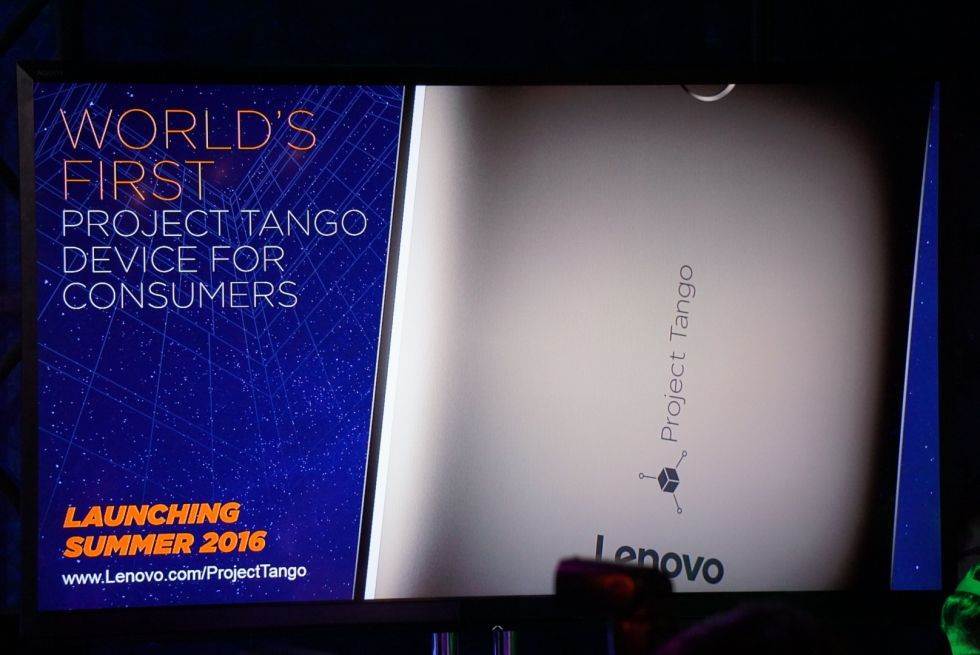
Andrew Cunningham
11 more images in gallery
If you’re not familiar, Google’s “Project Tango” is a depth-sensing camera setup that the company has been prototyping in special developer hardware for a while now. Tonight at CES Google and Lenovo announced the next step of the Tango journey: a consumer-targeted smartphone that will launch in the US and other countries this summer for “less than $ 500.”
While Lenovo and Google executives had a few Tango demos to show off, they didn’t actually have any hardware to talk about—odd for a gadget that’s launching in the next six-to-eight months. The concept renders shown all demonstrated how Lenovo and Google had tweaked the cameras to fit in a smartphone-sized design. Three vertically stacked lenses provide color and depth information and a wide-angle fisheye lens gives the cameras a sort of “peripheral vision” for the phone. Data from these cameras will be crunched by the built-in Snapdragon processor (possibly a new Snapdragon 820, though Lenovo gave us no information either way) and used to build a 3D representation of whatever space you’re in.
The Tango demoes primarily focused on its utility as an augmented reality device. Once you’ve scanned your room, you can drop 3D furniture into the space to see how it fits, play a virtual game of Jenga, or create a virtual pet that can follow you around while avoiding obstacles and jumping up on raised surfaces. The phone can also help with mapping on the inside of buildings—something that could be handy, speaking as someone who has gotten lost in more than one cavernous Las Vegas hotel this week.
Read 1 remaining paragraphs | Comments
![]()






